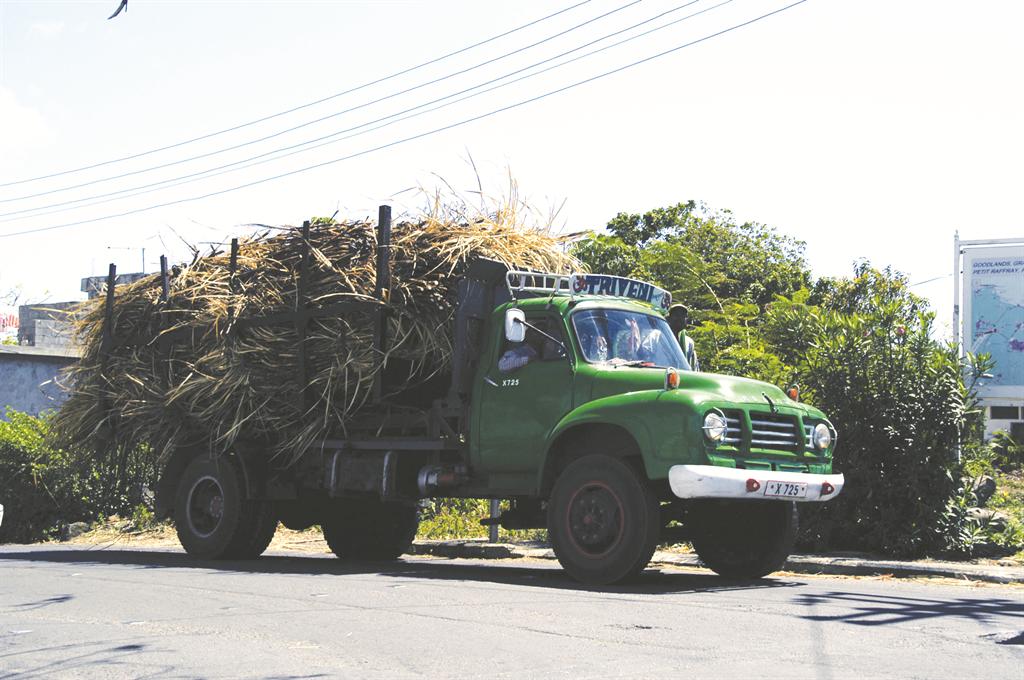Biofuel from cane ‘reliant on subsidy’
South Africa’s sugar industry would need to be highly subsidised to kick-start the production of fuel grade ethanol, the SA Sugar Association (Sasa) said last week.
Production had been in the pipeline since 2007, when the cabinet approved a 2% biofuel penetration into the national liquid fuels pool, and in the past two years much had been done to implement it.
Sasa said the production of bioethanol would not necessarily lower the price of fuel but would promote the government’s renewable energy plans. In 2012, regulations regarding the mandatory blending of biofuel with petrol and diesel were promulgated. Sugar cane has been used to produce bioethanol in Brazil, which is one of the world’s largest sugar producers, since the 1970s.
According to an investigation by BP Biofuels, bioethanol produced from sugar cane generates more than 70% less greenhouse gases than conventional fuels.
In South Africa, the blending regulations provide for a bioethanol blend of between 2% and 10% on a volumetric basis in petrol and 5% blend of biodiesel with conventional diesel. Sasa’s executive director, Trix Trikam, said last week that the industry would need a subsidy from the government to kick-start this project.
The Department of Energy has set a deadline of October 2015 for the mandatory blending of biofuel with petrol and diesel.
However, Sasa said it would wait for the government to commit to subsidies before it started planning.
The department was working on criteria for manufacturers of biofuel to be eligible for the subsidy scheme.
“We have not put a figure on how much the industry will need to kick-start such production. But we are sure it will be a big investment,†Trikam said.
Funding would be needed to extend existing sugar mills by building distilleries. Mark Napier, a general manager at the UCL sugar mill in KwaZulu-Natal, said it would take about two to three years for mill owners to expand their plants with distilleries.
Sasa’s natural resource manager, Marilyn Govender, said the manufacturing of bioethanol to achieve a 2% blend level would need between 20 000 and 30 000 hectares of sugar cane land, which was already available. However, should the sugar industry wish to produce a 5% to 8% biofuel blend it would need at least another 17 200 hectares.
“The land is available especially in the rural areas,†she said.
Trikam stressed that the making of biofuel would not take away the industry’s ability to service the domestic market with sugar.
“Our main priority will still be making sugar for the domestic market. In fact, we will still provide sugar for the domestic market but might not be able to export any because the excess sugar cane would be used to make biofuel,†he said.
Sugar is manufactured by six milling companies with 14 sugar mills operating in the cane-growing regions. The industry produces an average of 2.3 million tons of sugar a season.
About 76% of this is for the domestic market and the remainder is exported to Africa, Asia and the US.
In other parts of the world, sugar cane and maize are commonly used as feedstock for bioethanol plants.
However, for food security reasons, South Africa has excluded the use of maize to make biofuel and opted for sorghum and sugar cane as the most viable commercial crops.




Comments
Namibian Sun
No comments have been left on this article